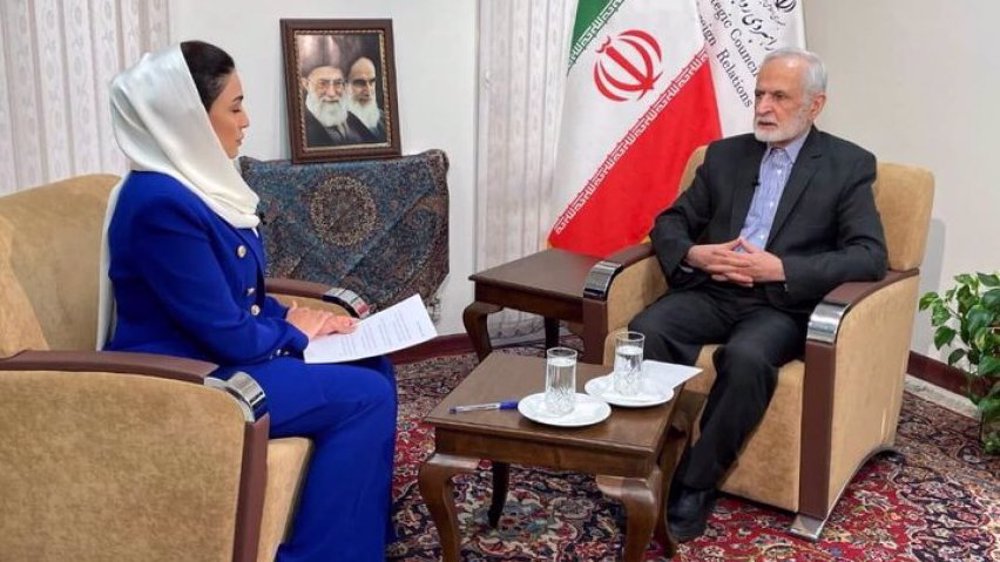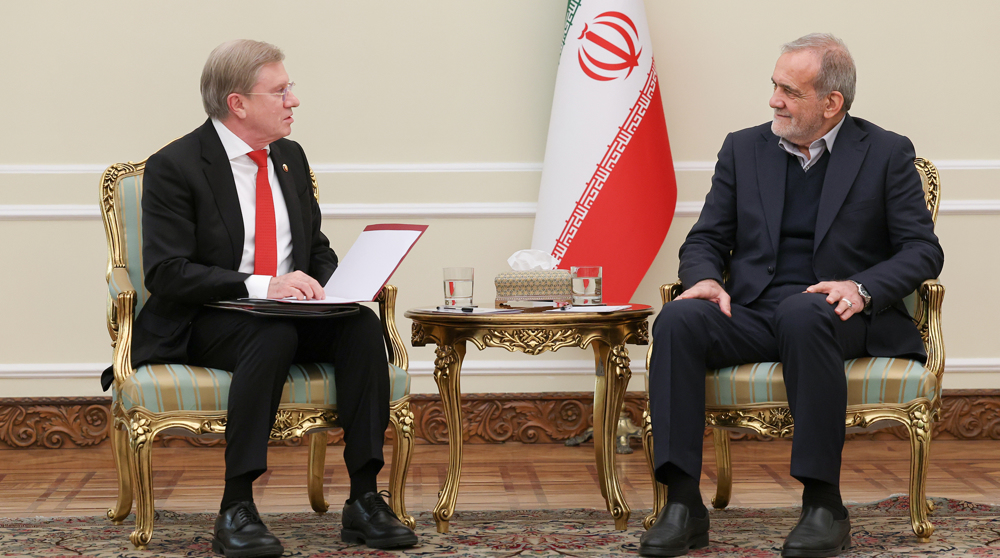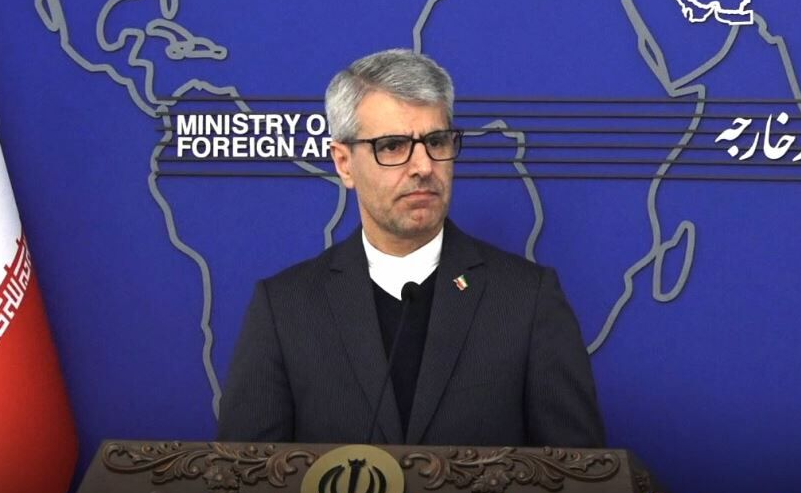US bans in line with White House's Iranophobic policy: Iran
Iran’s Foreign Ministry Spokesman Bahram Qassemi says the US Treasury Department’s move to impose sanctions on more Iranian individuals and companies can only be interpreted as the continuation of the White House officials’ Iranophobia campaign.
The US Treasury Department on Thursday announced economic sanctions on 11 individuals and companies in Iran accused of supporting the Islamic Revolution Guards Corps (IRGC) or engaging in cyberattacks on US banks.
The new sanctions targeted an engineering company, two air transport firms and an IT company accused of carrying out denial-of-service attacks on at least nine American financial institutions, including major banks and stock exchanges between 2011 and 2012.
“The incorrect and baseless cyberattack accusation leveled against Iranian citizens is an irrelevant and unjustified claim and in contradiction to the basic rights of individuals to have unrestricted access to information and cyberspace,” Qassemi said on Sunday, adding, “The US government’s measure is contrary to all recognized legal and international principles.”
The Iranian spokesperson emphasized that the United States has always been the country of origin and the center of cyberattacks against Iran’s state-run centers and organizations during past years.
Qassemi warned the US government against the continuation of such hostile policies against the Islamic Republic and urged American decision-makers and politicians to pay more heed to the outcomes of their failed and wrong policies and their Iranophobic approaches.
They must avoid repeating unwise acts and pursue the path of wisdom, he said.
The new US sanctions freeze any assets the aforesaid individuals and companies hold in the country and prohibit American citizens and residents and US companies from doing business with them.
The Treasury Department’s move came at a time when Washington, which is a party to the landmark nuclear agreement reached between Iran and the P5+1 group of countries, seems to be laying out a case for abandoning it.
US President Donald Trump, who had made no secret of opposing the nuclear agreement in his election campaign, has threatened to “tear up” the agreement, calling it “the worst deal ever negotiated.”
Iran and the five permanent members of the United Nations Security Council – the United States, France, Britain, Russia and China – plus Germany signed the nuclear agreement, also known as the Joint Comprehensive Plan of Action (JCPOA), on July 14, 2015 and started implementing it on January 16, 2016.
Under the JCPOA, Iran undertook to put limitations on its nuclear program in exchange for the removal of nuclear-related sanctions imposed against Tehran.
The UN Security Council later unanimously endorsed a resolution that effectively turned the JCPOA into international law.
VIDEO | Yemeni forces repel US-British attack, down F-18 Jet
Iran’s capabilities vast; enemy’s ‘maximum pressure’ policies all failed miserably: Senior official
Iran’s economy grew 2.7% y/y in Sep quarter: CBI
VIDEO | Freelancers in Gaza strive to stay online amid genocide
Mikati demands Israel's withdrawal from south Lebanon
Yemeni army strikes Israeli military sites with drones
‘Clock ticking’: UNRWA slams unjustifiable killing of children in Gaza
BP to be sued in Britain for supplying oil to Israel











 This makes it easy to access the Press TV website
This makes it easy to access the Press TV website